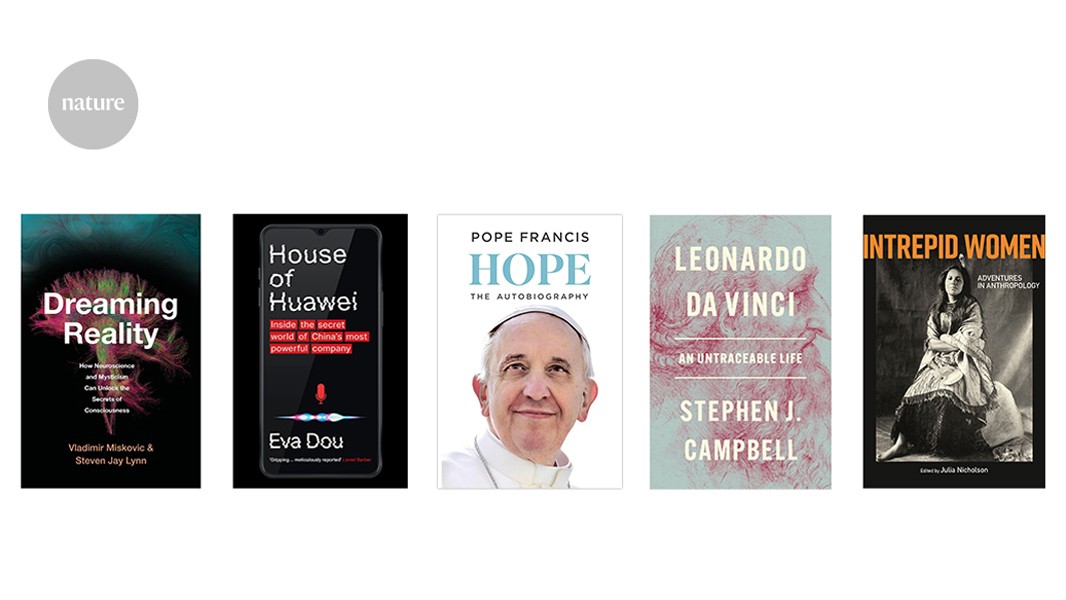
"Oddly echoing persistent allegations that telecommunications systems made by Chinese company Huawei are used to spy on other governments, in 1865 China's leaders rejected a foreign government's attempt to install an electric telegraph."
"Having started adult life as a chemical technician, he remained interested in science, wondering whether artificial intelligence would generate a new opportunity for 'destruction' or 'development'."
"Co-curator Julia Nicholson and five others explore their work in a stunningly illustrated book."
"In 2018-19, the Pitt Rivers Museum in Oxford, UK, celebrated six pioneering anthropologists who did fieldwork, frowned upon for women, from 1910 to the late 1950s."
The articles outline three distinct books. Eva Dou's work connects historical fears about foreign technology, especially Huawei, with early Chinese apprehensions about colonial tools like the telegraph. Pope Francisâs autobiography reveals his modest beginnings and thoughtful reflections on science and existence, particularly the implications of artificial intelligence. Lastly, Julia Nicholson's exploration of women's contributions to anthropology celebrates six female pioneers from the early to mid-20th century, addressing the gender biases they faced in their groundbreaking fieldwork, showcased through a visually rich format.
Read at Nature
Unable to calculate read time
Collection
[
|
...
]